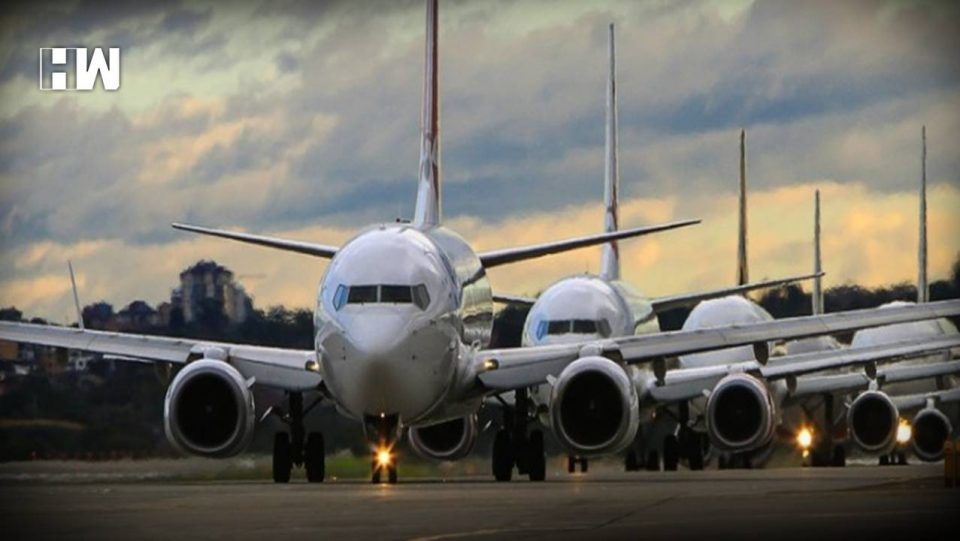India’s largest private oil company, Reliance Industries Ltd, and state-run oil refiner-retailers are in a tiff over selling jet fuel to carriers as India is bound to become the world’s third-largest aviation market by 2020.
Mumbai airport has become their latest battleground, with Reliance’s complaint to authorities and regulators that Bharat Petroleum and Hindustan Petroleum are creating entry barriers by not allowing other jet fuel sellers the access to their pipelines feeding the airport.
The Petroleum and Natural Gas Regulatory Board has invited public comments, declaring its intention to declare the present pipelines as a common carrier.
Mumbai accounts for more than 20% of jet fuel consumption in the country. The airport is fed jet fuel from BPCL and HPCL in the city’s periphery by two separate pipelines and storage facilities inside and outside the airport. IndianOil, the third state-run oil marketing company, gets its supplies from these two refineries under a barter arrangement.
Since there is no alternative to these two pipelines, MIAL, the airport operator, formed a joint venture with the three public sectors companies for developing a combined fuel farm facility that will operate on open access policy and drive competition.
While work on the integrated facility is on, Reliance has alleged the existing arrangement is monopolized by public sector companies who are thwarting competition by denying others access to infrastructure.
The state-run companies deny this, saying the pipelines are not part of the common infrastructure and faced capacity constraints in terms of pipeline size, storage, and pumping facilities. They also said the pipelines are catering to all companies, including IndianOil.
Reliance says jet fuel accounts for 40% of airlines operating costs and competition will help bring this down. Denial of access to the twin pipeline systems implies the denial of access to the integrated fuel farm storage at Mumbai airport and is causing significant entry barriers for other authorized suppliers, which is preventing fair trade competition among entities.
They said open and transparent competition in fuel supply becomes even more critical at times of high oil prices which directly impact jet fuel prices.
As an independent media platform, we do not take advertisements from governments and corporate houses. It is you, our readers, who have supported us on our journey to do honest and unbiased journalism. Please contribute, so that we can continue to do the same in future.

